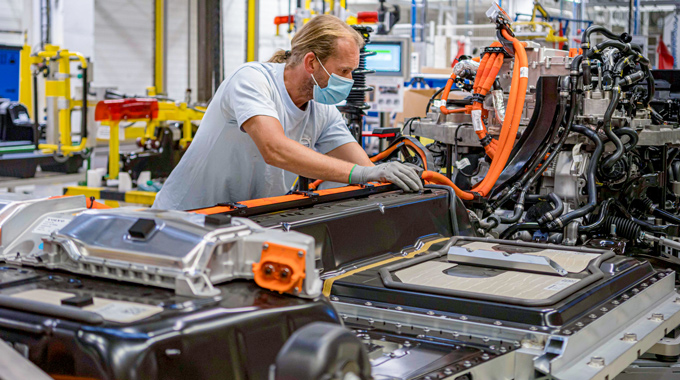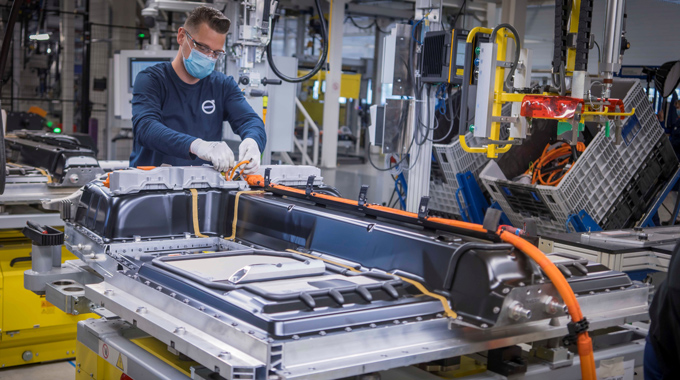EVs have been on the market for roughly a decade now, and owners might be wondering how soon they’ll need to replace their vehicle’s most expensive component—its battery pack. Prospective buyers of used EVs likely have a similar concern: How long will the battery on that 2017 Tesla Model S I’m thinking about buying keep putting out juice?
All lithium-ion batteries—such as the ones in your smartphone or laptop computer—degrade with time and use. So, given the cost of a battery pack—perhaps $5,000 to $15,000 for a new one, depending on the vehicle—battery failure seems like a reasonable concern.
On the other hand, it might not be worth getting all worked up about. Here are 6 reasons why:
1. Automaker warranties
Carmakers provide substantial warranties on battery packs—maybe longer than you plan on keeping the vehicle. Tesla, which owns about 80% of the U.S. EV car market, warrants its Model S and Model X batteries for 8 years/150,000 miles with a minimum 70% battery capacity, meaning that if the battery’s capacity drops below 70%, Tesla will replace it. Batteries on Model 3 and Model Y Long Range and Performance variants are guaranteed for 8 years/120,000 miles; Model 3 Standard Range batteries for 8 years/100,000 miles.
Most EV manufacturers guarantee their batteries for 8 years/100,000 miles—and reports of EV battery failures are very rare. Nonetheless, if you’re considering a new or used EV, check the terms of the warranty. Some automakers, for instance, will replace a battery only if it has failed completely.



